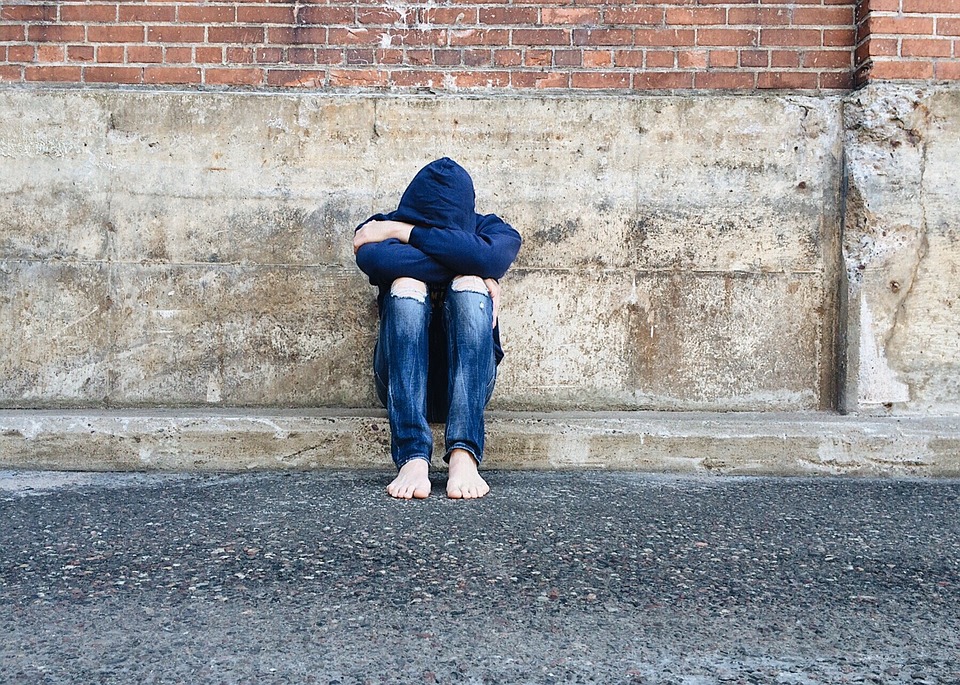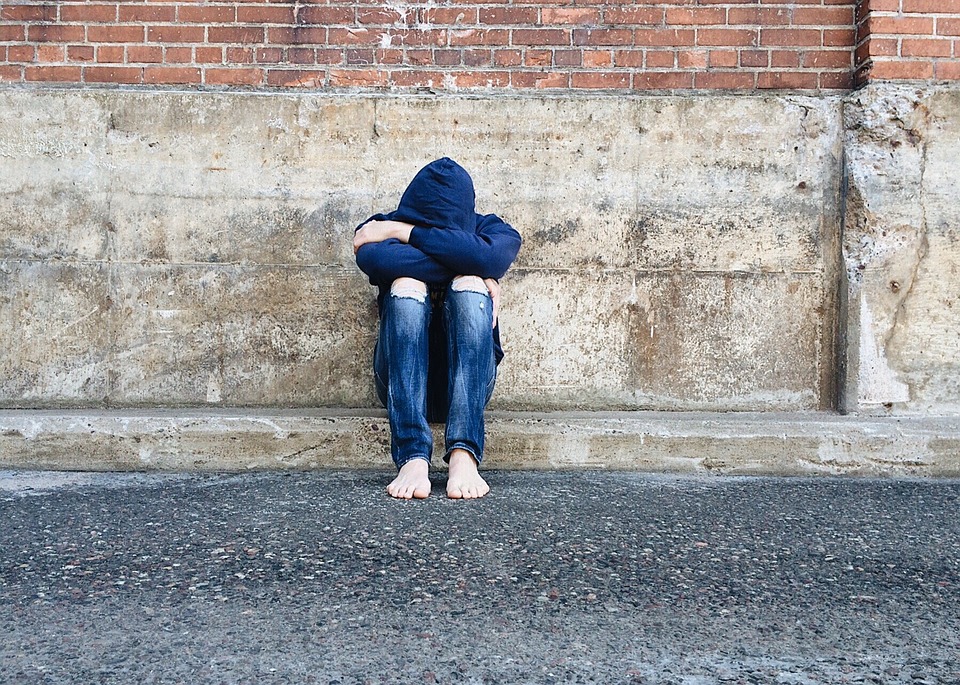There aren’t many things harder than watching a family member deal with trauma. Particularly if it’s your own child, it can be incredibly difficult; you yearn to help and would do anything to make a child feel normal again, and yet you know that on some level there’s nothing you can do.
Even in this kind of situation, however, you can still be an indirect help. There are lots of established ways to cope with different kinds of physical and mental trauma, and often a child only needs to get into the right situation to start on the road to recovery.

With physical trauma, the solutions tend to be a little bit clearer. For instance, if your child is in an accident or something similar, and suffers lasting physical conditions as a result, you can find some kind of rehabilitation or accident recovery center with help from your physician, or anyone who was involved if there was a hospital visit. These centers exist specifically to facilitate gradual recovery from physical trauma, and they’re necessities, not luxuries, if your child is struggling after an accident or some other harmful incident. It may fall to you to ensure that physical therapy and other exercises are done at home as well, but professional help is needed in this sort of situation.
If your child is experiencing more of a mental trauma or condition, you may need to explore some more creative methods. While they’re not necessarily more or less severe (it’s a case-by-case basis), mental conditions like anxiety, fears, or mood disorders cannot be addressed as directly. There are no definite physical means of healing, or trying to heal. The first step should generally be to consult a psychiatrist or someone with a similar medical expertise – and you might be surprised what they recommend! In some cases, regular sessions with a doctor can alleviate these more mental reactions to trauma. However, there are other methods as well. Psychiatric art courses are some such methods that are becoming more popular and which particularly with young kids and teens can be shockingly beneficial. But this is just one idea of how an outside the box solution can help with these types of issues.
And then of course there are issues related to helping a child recover from a specific event that causes emotional trauma – in some ways the most burdensome kind of all. This is different from a mental reaction such as anxiety or fear; it’s founded in a child’s personal feelings rather than natural reactions. As such, it should generally be dealt with on a more personal level. One guide to helping children cope suggested direct solutions such as watching news reports of a traumatic event that your child has reacted to, so as to go through the issue with the child, or simply providing the child with ample opportunity to air out and discuss the issue. This is all a little bit vague, and you may still want to seek professional psychiatric help. But where emotional trauma is concerned a thoughtful approach from a caring family member can be effective.
This is a difficult process, and of course the specific circumstances in a given situation play a large role in what should happen. But these are a few methods and suggestions to keep in mind if you end up in a situation where your children or even other loved ones face various types of recovery.






























No Comments
Leave a comment Cancel